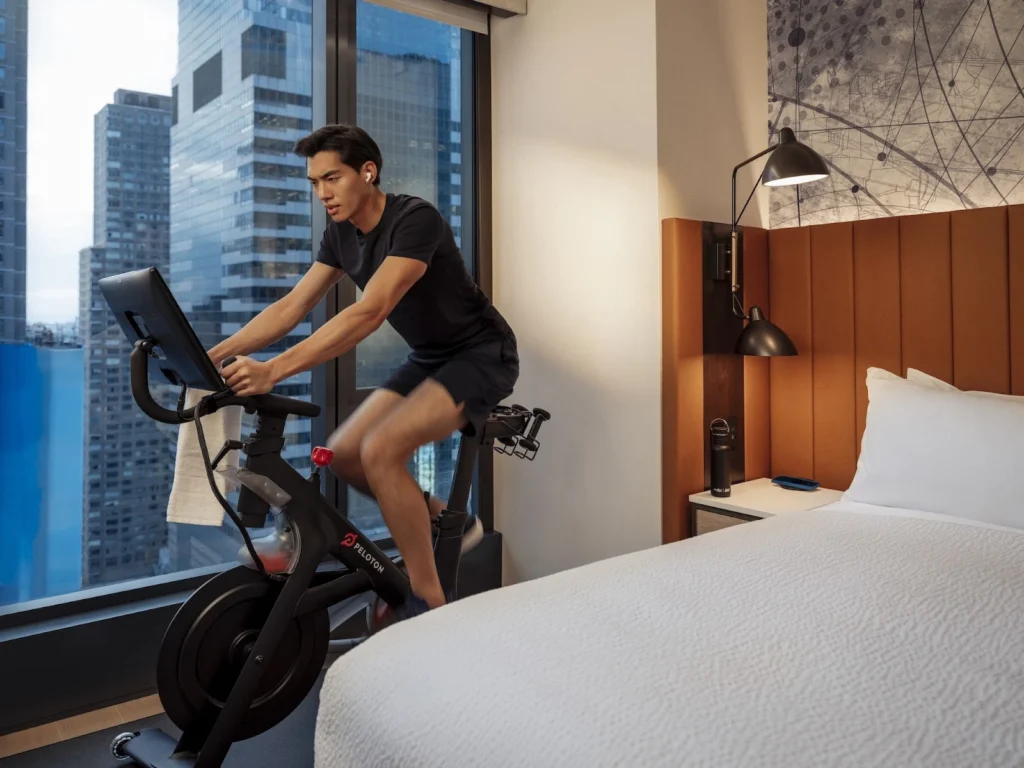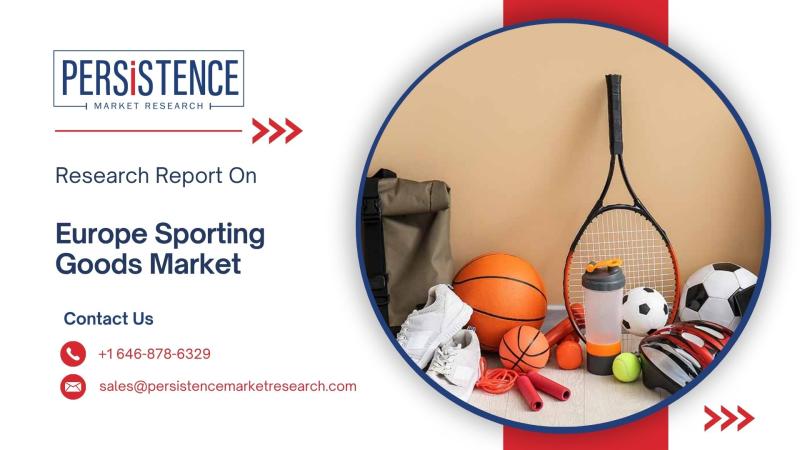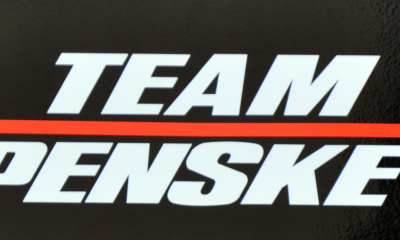As the line between spa indulgence and performance-driven recovery continues to blur, hotels and resorts are doubling down on wellness
Travel today is about more than a change of scenery; it’s become a chance to reset, recharge and even biohack your way to better health. From sleep-optimized hotel rooms to recovery labs and outdoor fitness adventures, hospitality brands are reimagining the guest experience with well-being at the center.
And travelers are responding: a recent survey from travel agency FlightHub found that 52% of U.S. respondents are now more likely to choose destinations based on health and self-care offerings, such as yoga retreats, holistic healing centers and hotels with science-backed wellness amenities.
As the line between spa indulgence and performance-driven recovery continues to blur, hotels and resorts are doubling down on wellness-forward features designed to meet the needs of a more intentional, health-conscious traveler – whether they’re traveling for business or leisure.
Biohacking Meets Boutique Hospitality
With its second outpost in Porto Montenegro’s Boka Bay, Siro, Kerzner International’s immersive lifestyle brand, continues to explore how hospitality and wellness can intersect, offering guests a space where fitness, recovery and wellness are built into the travel experience.
The new location builds on last year’s debut of Siro One Za’abeel in Dubai, carrying forward the brand’s blend of technology and wellness centered around five core biohacking pillars: nutrition, fitness, sleep, recovery and mindfulness.
At Siro Boka Place, guests can access a cutting-edge Fitness Lab for group fitness classes, a unique Recovery Lab offering holistic classes and advanced treatments, an outdoor pool and rooms designed for optimal rest. Each room features soundproofing, temperature-regulating mattresses, blackout curtains and a curated pillow menu – alongside a Swedish ladder and an in-room recovery cabinet stocked with essentials like a yoga mat, stretch bands and a meditation cushion.
Inside the Fitness Lab, guests will find the experience box for HIIT, masterclasses led by Team Siro ambassadors, Siro signature classes, the mindfulness studio for yoga, meditation and breathwork, recovery pods, a Zen Room with a Himalayan salt wall as well as Pilates and performance-driven training zones.
Meanwhile, the Recovery Lab offers popular therapies such as compression therapy, physiotherapy, percussive therapy, red light therapy, IV therapy and vibroacoustic therapy, along with myofascial cupping, dry needling and assisted stretching or modular massage by Proverb.
In terms of nutrition, Siro Boka Place features a team of in-house nutritionists who support healthy eating, low- and no-alcohol cocktails and organic and natural wines.

Siro Boka Place guests can also take part in destination fitness experiences, which include tailored tours, excursions, courses and activities, complete with thoughtful touches like hiking packs stocked with sunscreen and electrolytes or specialized aftercare arranged through Siro’s recovery lab.
“Siro’s momentum speaks volumes, the response has been incredible, and Montenegro is only going to take things to the next level,” Siro senior vice president Mattheos Georgiou said. “Boka Bay, with its stunning setting on the edge of the Mediterranean, is the perfect base for bold adventures and meaningful transformation. With destination fitness, we’re turning the outdoors into a training ground like no other, a place to push limits and unlock both mental and physical strength.”
Hyatt Turns Business Travel Into a Well-Being Experience
As wellness becomes a workplace expectation rather than a perk, Hyatt is catering not just to leisure travelers but also to traveling professionals. With employers increasingly embracing holistic well-being for its proven benefits of employee retention and increased productivity, Hyatt is stepping up to meet the moment, offering wellness-focused amenities and programs that support both vacationers and business guests looking to stay balanced.
Underscoring Hyatt’s commitment to well-being, the company recently launched its new Wellbeing Collective Board – a move aimed at enhancing its holistic offerings and supercharging the Wellbeing Collective, a growing group of properties designed to deliver wellness experiences for groups and meeting guests.
“Whether traveling for business or leisure, now more than ever, our guests are seeking meaningful experiences that foster connection, build community and enhance their mental, emotional and physical well-being,” noted TJ Abrams, Hyatt’s vice president of global well-being.
For groups wanting to mix business with balance, Andaz 5th Avenue by Hyatt is raising the bar on meetings with its curated well-being menu. Think yoga in the park, recharge-worthy breaks inspired by Miraval Resorts & Spas and a “Mindful Midtown Moments” map spotlighting peaceful spots to escape between sessions. Plus, select properties now offer expert-backed sleep tips through the Sleep at Hyatt program, shaped in partnership with renowned sleep expert Nancy H. Rothstein, aka The Sleep Ambassador.
Hyatt has also teamed up with Peloton to offer World of Hyatt members the chance to earn points toward future stays, upgrades and experiences simply by logging a Peloton workout during their hotel stay. The partnership includes in-room Peloton content, featuring guided stretching and bodyweight workouts at select properties. Select Hyatt hotels will also offer equipment-free Peloton classes for corporate meetings and conference attendees.

A Holistic Voyage: Where Relaxation Meets Exploration
Wellness and recovery aren’t just staying on land – they’re setting sail.
Oceania Cruises, known for its culinary and destination-focused voyages, is diving deeper into the wellness space following its 2020 launch of its in-house brand, Aquamar and The Aquamar Spa + Vitality Center, which offers a range of treatments, serene relaxation areas and complimentary fitness classes, bringing a holistic wellness experience to the open seas.
Travelers aboard Oceania Cruises can expect wellness-inspired menus and Aquamar’s Wellness Discovery Tours, which offer immersive global experiences, like soaking in the Thermal Baths of the Popes in Rome, meditating with a Buddhist Thera in Sri Lanka or practicing Tai Chi in Vietnam.
Oceania Cruises is currently rolling out a collection of bath and skincare essentials across its fleet of ships beginning this spring as another wellness perk that can be experienced in suites and staterooms.
“This is an exciting milestone for us as it marks another evolution of our Aquamar wellness brand, a reflection of our commitment to creating a truly rounded wellness journey on board and ashore for our guests,” Oceania Cruises chief luxury officer Jason Montague said. “Aquamar now encompasses our cuisine, excursions, spa treatments and now our luxurious in-room bath and skincare collection, ensuring a holistic approach to wellbeing while on vacation.”
Relaxation to Revelation: The New Wellness Journey
A new generation of travelers is turning inward, seeking not just relaxation but transformation. It’s a tall order and one that is driven by Gen Z and Millennials who are craving deeper emotional and spiritual experiences that go beyond the surface. In response, some retreats are evolving their offerings with immersive experiences rooted in ancient traditions.
Retreats like North India’s Ananda in the Himalayas are taking a more expansive approach to wellness, incorporating ancient sound healing and mantra chanting into their regular programming. Guests can take part in sound baths led by experienced practitioners using Himalayan singing bowls, gongs and crystal instruments – practices that align with Ananda’s broader focus on Ayurveda, yoga, meditation, emotional balance, spiritual awareness and nutritious foods.
The retreat experience is also tapping into the growing shift of younger, spiritually curious consumers, particularly Gen Z and wellness-minded Millennials who are searching for tools for balance, clarity and connection as they drive a global spiritual wellness market that is projected to have a $9.6 billion valuation by 2034, according to a report by Transparency Market Research.

From Peak Performance to Hormonal Health, Hospitality Gets Personal
A growing number of hotels and retreats are moving beyond generic wellness offerings to create programming that reflects the realities of different life stages. From avid athletes fine-tuning their game at Saddlebrook Resort in Tampa, Florida, to women navigating perimenopause and menopause at Canyon Ranch, these experiences reflect a growing shift in hospitality toward highly personalized wellness. No longer viewed as one-size-fits-all, wellness programming is increasingly tailored to meet guests where they are.
Despite the wide range of wellness needs and life stages, sleep remains a universal pillar. Although hustle culture has long framed sleep as a luxury rather than a pillar of health, today’s wellness-focused consumers are prioritizing rest just as much as their workouts and macros.
It’s a focus that luxury hospitality and lifestyle brand Equinox Hotels is taking to the next level through a partnership with renowned sleep scientist and author Dr. Matthew Walker, a professor of neuroscience and psychology at the University of California, Berkeley.
The collaboration includes an immersive living experiment at Equinox Hotel New York, where guests engage with sleep technologies and participate in studies led by Dr. Walker – all within rooms designed for optimal rest and recovery. The brand has also introduced a proprietary digital tool, Jet Lag Reset, which delivers personalized strategies to help guests combat jet lag and support smooth arrivals and departures across their properties.
“Our mission has always been to redefine luxury hospitality by seamlessly integrating health and performance into every aspect of the guest experience,” Equinox Hotels CEO Chris Norton told ATN.
“Sleep, as the foundation of overall well-being, has been a core pillar of our brand since its inception,” Norton added. “Partnering with Dr. Matthew Walker, a globally recognized leader in sleep science, was a natural evolution of this philosophy. Dr. Walker’s expertise and shared dedication to applying cutting-edge research and technology to enhance human performance make him the perfect collaborator to advance our transformative sleep programs.”
This article originally appeared in ATN’s report, “Wellness Room: The Art & Science of Integrating Recovery,” which maps the forces redefining how operators retain members, monetize square footage and prepare their brands for a dynamic future. Download the free report.





























































